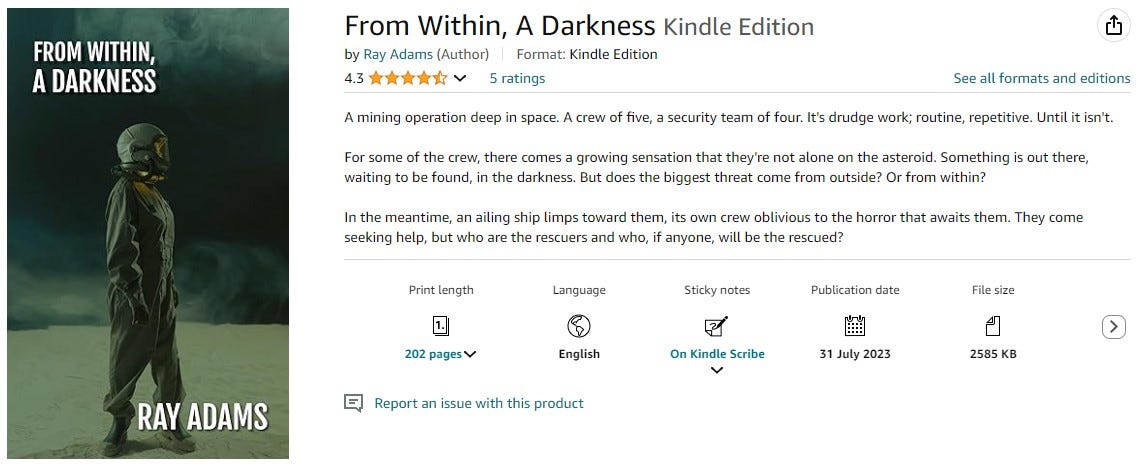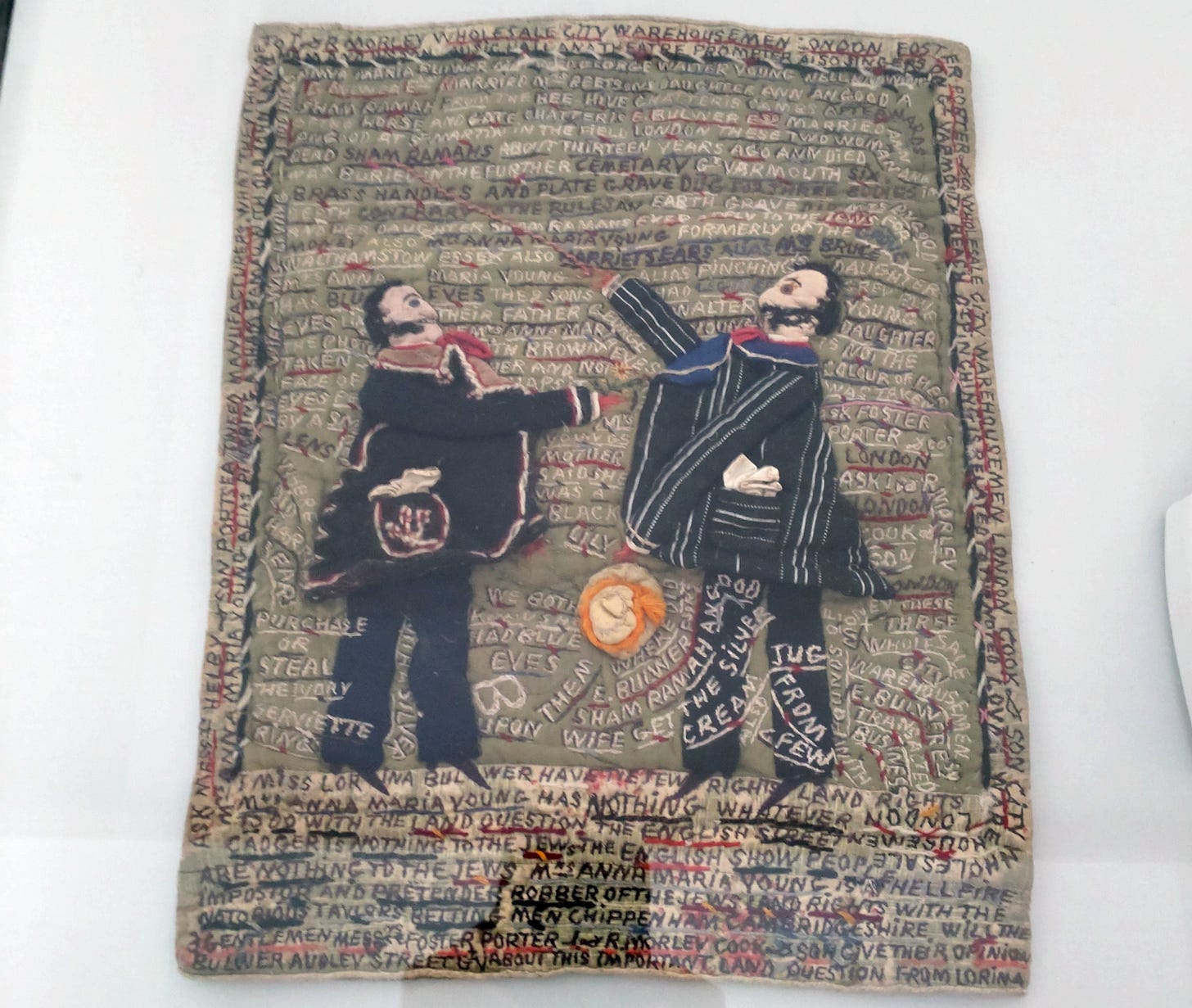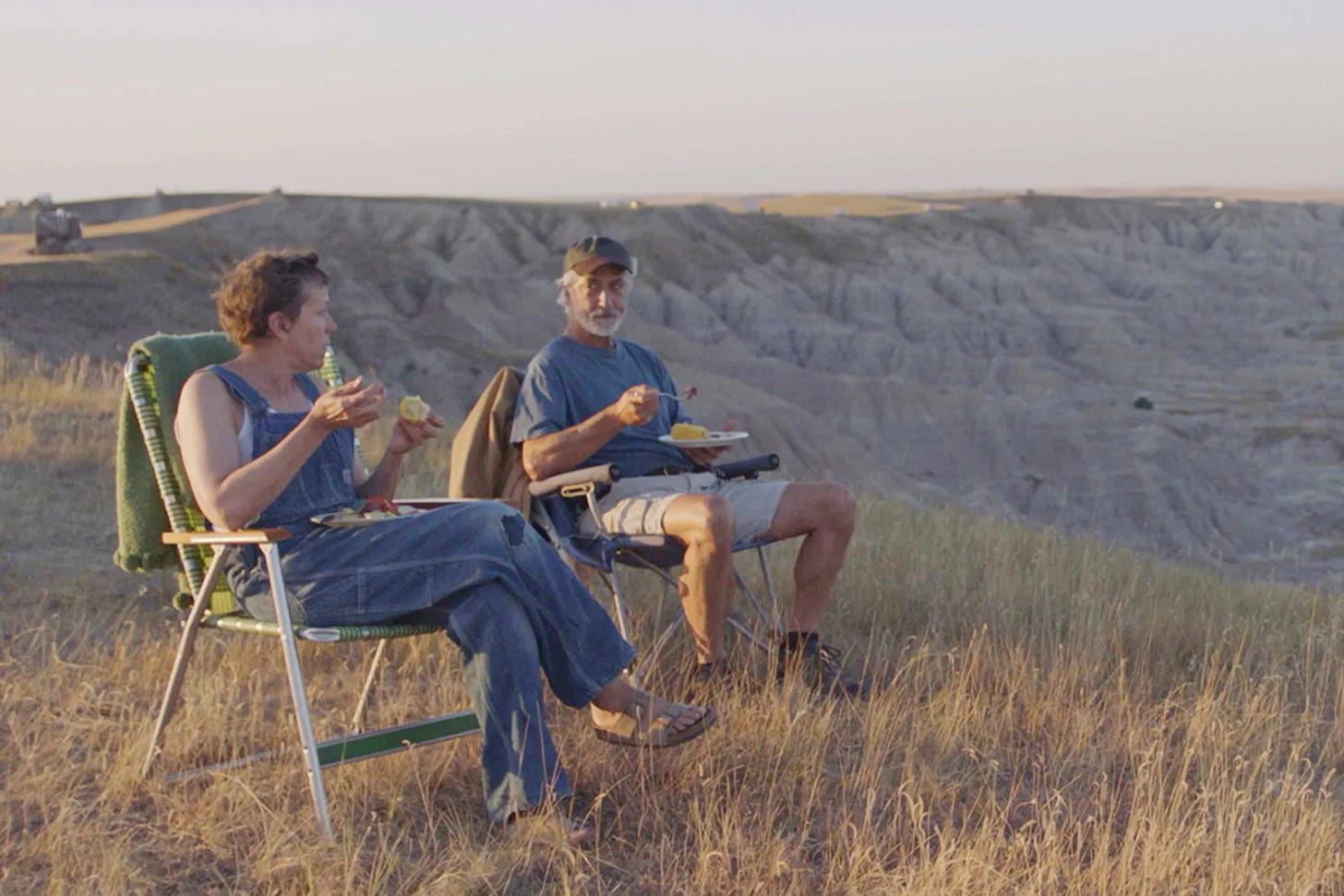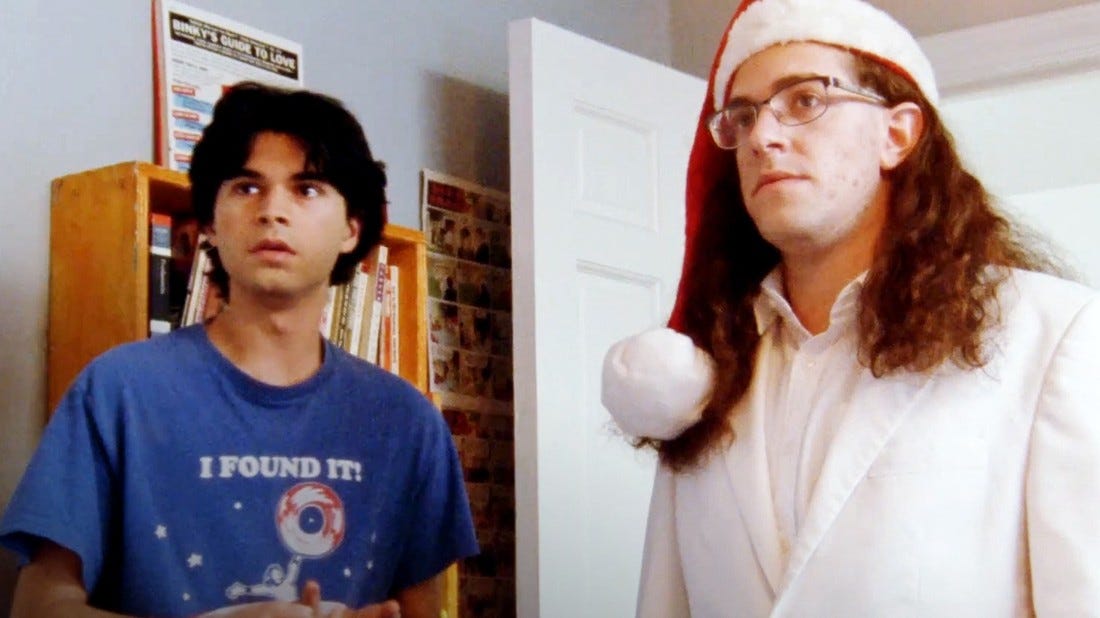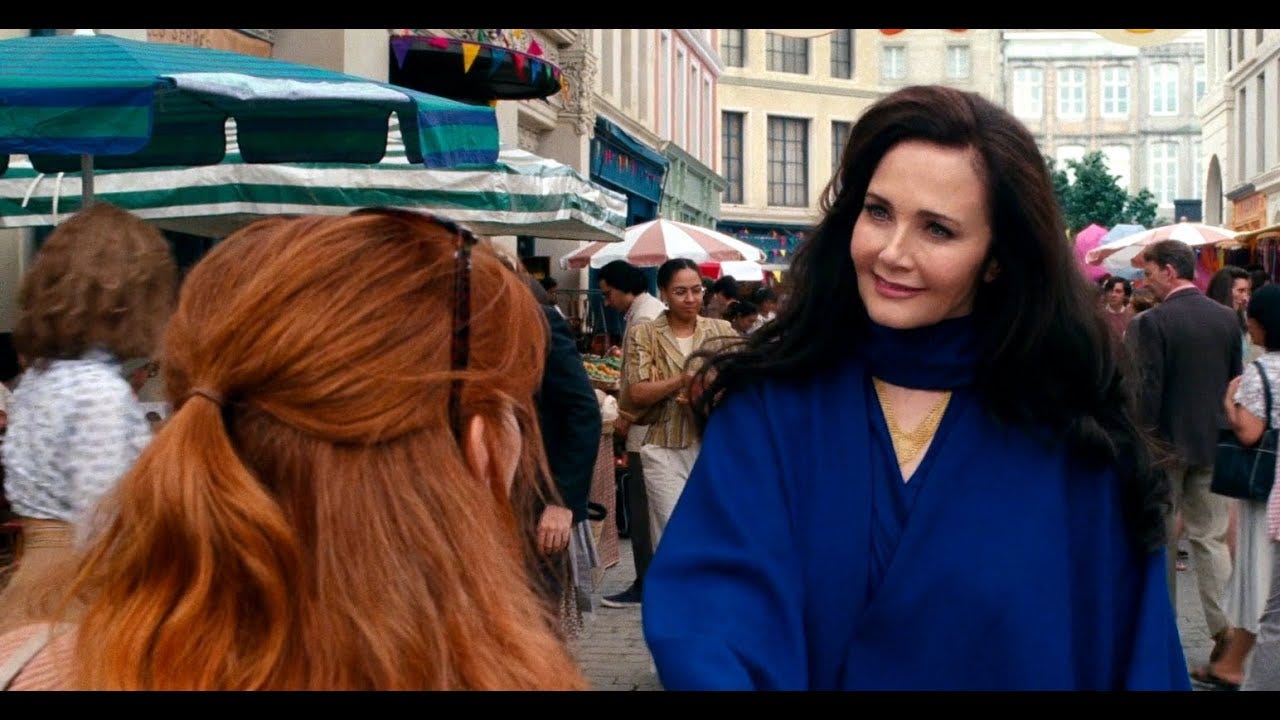WRITING:
Over on Threads this week, I noticed a post from an author1 suggesting that the 1-5 rating system adopted by platforms such as Goodreads and Amaz*n should be scrapped, because a 1-5 star-rating cannot begin to adequately reflect the value of literature.
Of course, they are both right, and wrong. The 1-5 star rating system is clearly in many ways an absolute nonsense2. On the other hand, as I pointed out to the author in question, while it’s fine for them in their long and well-established career to rely on the reviews that the likes of Sci-fi Now and SFX will inevitably give your every release, for those of us further down the chain, any sign somebody read your book and enjoyed it is a gift. For the self-published, it’s a lifeline.
My latest self-published title, From Within, A Darkness, actually did land a (stellar) review on UK-based sci-fi and fantasy website The Fantasy Hive, and I secured another one through Reedsy.com. The novel’s rated a 4.29 on Goodreads, from 7 ratings, and has two reviews on there. On Amaz*n, it’s a 4.3 from 5 ratings, with no reviews.
To date, I’ve sold 27 copies.
Now clearly, that star-rating isn’t generating sales, but as a tiny fish in a huge ocean, I’ll take what I can get, and those stars, all 4.3 of them, at least make it look like some people have bought and enjoyed it. It’s hard to get people to rate and review your stuff, when you’re not a name3. Hurrah for you if star ratings don’t mean that much to you and you can casually talk about doing away with them, but you’ll forgive me if I don’t share your view.
Also on Threads this week, I stumbled across a thread about how people asking to be paid for reviews were the lowest of the low. Spectacular for me, as literally the night before, I’d been contacted by a writer who I’d reviewed via the above-mentioned Reedsy.com, and who was now contacting me directly to ask me to review his next book. And he asked me what my rate was.
He specified he wanted an honest review, and came to me after I’d given his previous book a, I hesitate to say ‘lukewarm’, but certainly reserved review last time out, so clearly is happy with honesty4. I had a look around online for people offering paid reviews, saw what they were charging and quoted a figure that was lower than that - I’ve no built-in audience to promote to and while I said I would post on my blog, it’s fair to say that won’t be to huge numbers of readers. But he was looking for a review to quote in his promotion, and was happy with what I offered.
Then, as I say, I saw this thread where writers were laying in to paid reviewers.
Now, a lot of the comments after the original poster referred to those people who pop up in your inbox trying to sell you their reviewing/marketing services, which I certainly get my share of. There was also talk of people buying “good reviews”, as opposed to honest ones. I certainly wouldn’t put my name to a positive review I wouldn’t stand by and, as I say, the writer in question came to me (and was the first one to raise the issue of rates). So I feel that I’m not falling into the category of paid reviewers that seemed to irk so many of the respondents to that thread. But it did make me sit up and question myself. Is it exploitation or, given I would not have been reading the book otherwise and am committing to putting some effort into writing about it, and in a timely fashion, am I entitled to ask for (or rather, accept an offered) remuneration?
At the end of the day, as my own experience shows, a cracking review from an established website won’t necessarily translate to sales, and a smattering of 4- or 5-star reviews on Amazon won’t shift a lot of units. But it still stands that if somebody is thinking of buying your book, goes to your page and sees that other people have read and enjoyed it, that has to count for something; it could just be the deciding factor in landing that new customer. It’s really, really hard to sell books, especially if you’re self-published. So really do consider, when you’ve finished reading a book, particularly if you’ve enjoyed it, taking a moment to click those little stars. Whether or not you make any difference to their sales, I guarantee it’ll be appreciated.
I have enjoyed:
Lorina Bulwer - In 1893, at the age of 55, Lorina Bulwer’s mother died and, having lost her father already, as an unmarried woman with mental health issues the responsibility for her welfare fell on her brother Edgar. As a result, he promptly placed her in a workhouse and forgot about her. She remained there for 19 years, until her death in 1912. Bulwer’s legacy was a set of embroidered letters, some 12-14 feet in length, in which she rails at length at the wrongs done her. They are tragic letters, demonstrating clearly the abysmal fate that waited those who couldn’t look after themselves in the 19th Century, but they are also curiously beautiful items. At Gressenhall Farm and Workhouse5, you can see an illuminated reproduction of one of these letters, as well as a genuine fragment of one of them.
Chloé Zhao - Director of one of the MCU’s most underrated movies, Eternals6, Zhao made her name with more introspective, observational films, such as the beautiful Songs My Brothers Taught Me and the Academy Award-winning Nomadland, which we saw for the first time this week. In it, Frances McDormand plays a widow who, following the collapse of her hometown’s industry and the subsequent demise of the town itself, takes to the road as part of America’s van-dwelling community of transient workers. It’s a compelling vision of modern America - McDormand’s Fern lives an almost primitive life on the road, bartering for goods and services with other nomads, in-between taking seasonal work anywhere from roadside diners to gigantic Amazon logistics hubs.
It’s also surprisingly neutral. The nomads aren’t painted as noble outsiders, or economic refugees, as victims or as heroes. They’re simply people, living a life some of them have chosen and some of them have had imposed upon them, but all just living. It’s enhanced by many of the cast being genuine nomads playing fictionalised versions of themselves and between that and Zhao’s refusal to manipulate her audience into seeing them in any particular light, what’s left is a humane portrait that taps into something truly beautiful - humanity itself.
Funny Pages - Probably most recognisable from his turn as 12 year old Frank in Noah Baumbach’s 2005 breakthrough The Squid and The Whale, Owen Kline’s now turned to directing. His first feature is the story of cartoonist Robert (Daniel Zolghadri), who drops out of school to pursue his dream of working in comics, much to the dismay of his parents. He moves into a grotty basement with a dubious pair of older guys and latches on to troubled assistant colourist Wallace (Our Flag Means Death’s Matthew Maher). Shot on super-16mm, the film has a grainy, raw texture that suits its grubby and somewhat uncomfortable settings, making for an at-times unsettling but undeniably funny movie that feels like a ‘proper’ indie from decades ago. Robert’s art is very Robert Crumb-esque, and the shadow of Crumb can be found in more than just the artwork. Definitely not for everyone, but this is the kind of rough diamond that nobody seems to be making any more.
Wonder Woman 1984 - I don’t care what anyone says, this was a lot of fun. For a movie set in the 80s to play with classic 80s movies tropes like body swapping and out-of-time fish-out-of-water shenanigans is a master stroke of meta-filmmaking. It plays up to the more lunatic aspects of Wonder Woman’s back catalogue, but that’s cool. Any Wonder Woman movie that has an invisible jet and Lynda Carter is okay by me.
Greyskin (Deixis Press) and Playtime’s Over (Propolis) are both available direct from their respective publishers, as well as from all the usual places, online and off. You can also support my work by buying Ray Adams’ self-published books, or by simply buying me a coffee.
You can also pay for this free newsletter, if paying for free stuff is your jam.
Finally, I review books on my website, most of which are available through my affiliate book shop on uk.bookshop.org
Who shall remain nameless, because it’s not the first time I’ve mentioned them and I don’t want it to look like I’ve got beef. I just saw something they said and reacted to it. Twice.
I really like the fact that Letterboxd has half-stars. While a 1-10 scale would be absurd, a 1-5 scale with halves is perfect. Don’t ask me to explain or justify the difference.
I’ve got friends and family who have bought my books and who’ve not left a rating, even when they’ve bought it on Amaz*n. If I was a better grifter, I’d hassle them to do so but it’s not me, not how I am - I should just be happy they bought a copy, right?
I think if a review is constructive, and finds things to be positive about, then a good writer will take it, even if the reviewer is also critical of other aspects. I’ve seen some pretty dreadful self-published books with across-the-board five-star reviews and all it makes me think is “friends and family”.
Worth a visit in any event - we had a brilliant day there and still didn’t see everything. And they have a surprising array of discounts - UEA staff and students can get in free, for example.
Come at me. That film is awesome.





